WHO raises alert on highly contagious meningitis outbreaks in African countries
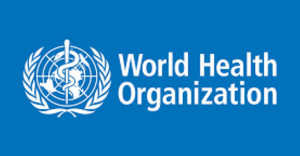
The World Health Organisation (WHO) has raised the alert on Meningitis outbreaks in some African countries saying the outbreaks have become “an enormous public health threat.”
Describing the outbreak in Nigeria as of utmost concern, the body disclosed that the disease is also raging in Ghana and Niger.
“The outbreak in Nigeria started on 19 January 2015 in Aliero, Local Government Area (LGA) of Kebbi State and the World Health Organization (WHO) was notified on 16 February 2015. Cases have been reported in 26 LGAs of three States, Kebbi, Sokoto and Zamfara. Of confirmed cases, Neisseria meningitidis serogroup C is the type identified.
“A national task force in Nigeria has been activated with the support of WHO and partners to manage the outbreak of bacterial meningitis. The Nigeria Centre for Disease Control (NCDC) of the Federal Ministry of Health of Nigeria notified WHO of 1380 cases, including 83 deaths as of 5 April 2015.
In Ghana, the meningitis outbreak is ongoing in Upper West Region. As of 5 April 2015, 205 cases with 23 deaths have been reported in the country. No causative microorganisms have been isolated so far and lab results are pending.
Increasing numbers of meningitis cases have also been reported in Niger since February 2015. The main serotypes that have been identified include the W135, C and pneumococcus. As of 5 April 2015, 461 cases and 62 deaths have been notified with a case fatality rate of 15.3%. Dosso and Niamey are the most affected regions,’ the release said.
Meningitis is an infection of the thin lining that surrounds the brain and spinal cord called the meninges. Viral and bacterial infections are the most common cause but bacterial meningitis is much more serious due to its rapid onset and it poses a significant risk of death.
Neisseria meningitidis can be carried in the throat and sometimes, for reasons not fully understood, can overwhelm the body’s defenses allowing infection to spread through the bloodstream to the brain. It is believed that 10% to 20% of the population carries Neisseria meningitidis in their throat at any given time but the carriage rate may be higher in epidemic situations.
The most common symptoms of meningitis are stiff neck, high fever, sensitivity to light, confusion, headaches and vomiting. Bacterial meningitis can also result in mental retardation, deafness, epilepsy, or necrosis leading to limb amputation.
Meningococcal disease is potentially fatal and should always be viewed as a medical emergency. Even when the disease is diagnosed early and adequate treatment is started, 5% to 10% of patients die, typically within 24 to 48 hours after the onset of symptoms. It is important to know which type of bacteria is causing the meningitis because antibiotics can prevent some types from spreading and infecting other people.
Appropriate antibiotic treatment must be started as soon as possible. A range of antibiotics can treat the infection, including penicillin, ampicillin, chloramphenicol and ceftriaxone. Under epidemic conditions in Africa in areas with limited health infrastructure and resources, ceftriaxone is the drug of choice.
There are many vaccines against meningitidis. The conjugate meningitis A vaccine MenAfriVac® is recommended to protect people against serotype A, the most common type, in order to maintain wide-spread immunity and avert epidemics.
In October 2014, the WHO Strategic Advisory Group of Experts (SAGE) on immunization concluded that a one-dose schedule of MenAfriVac® is recommended. In 2014, the MenAfriVac® campaigns reached more than 63 million people with remarkable success. Nigeria conducted mass campaigns in all States at risk, including Kebbi state.
WHO and partners, including Médecins Sans Frontières and UNICEF, are closely monitoring the situation, and providing support to the government of Nigeria for the implementation of a mass vaccination campaign and other emergency control measures. The International Coordinating Group (ICG) on Vaccine Provision for Epidemic Meningitis Control has released 204 850 doses of vaccine, with the support of the GAVI Alliance, as well as 5000 antibiotic vials to respond to the outbreak. Case management and social mobilization activities are also ongoing.
WHO also announced that the upcoming African Vaccination Week (AVW) holding from 24 to 30 April will provide an opportunity for affected countries to strengthen immunization services and systems through advocacy, social mobilization, education and communication tools and activities.

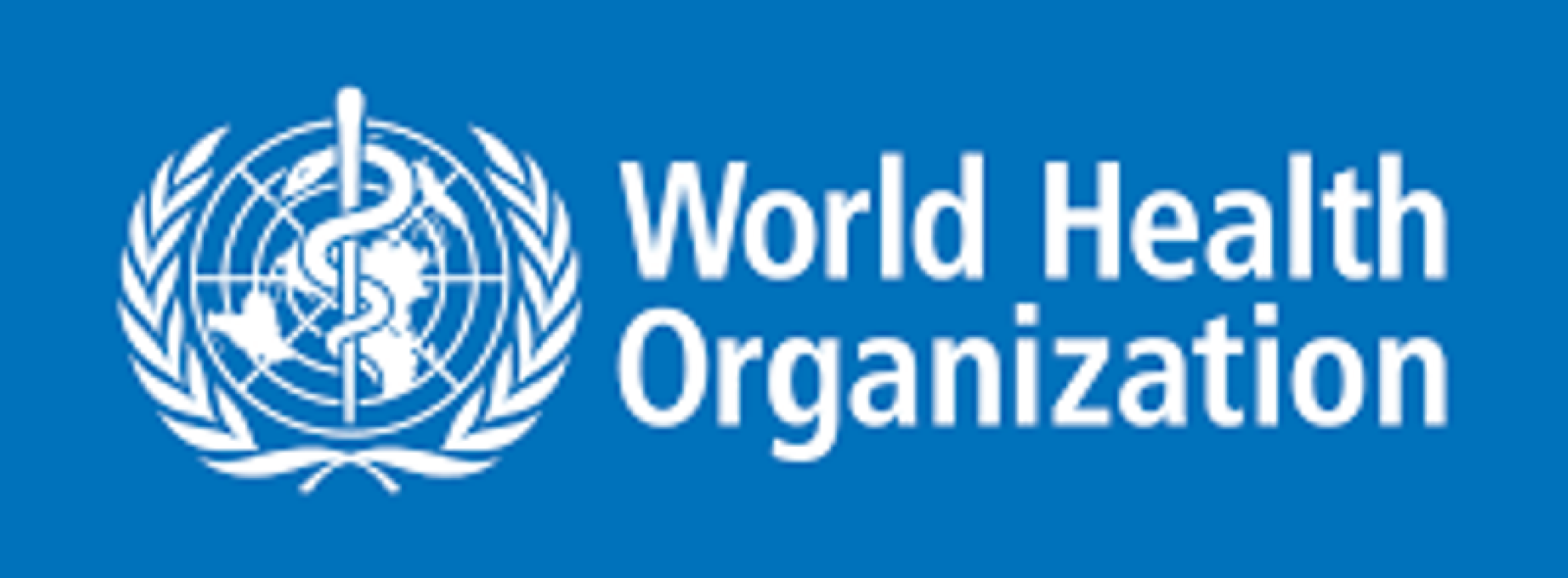
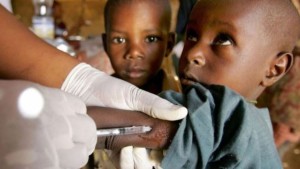

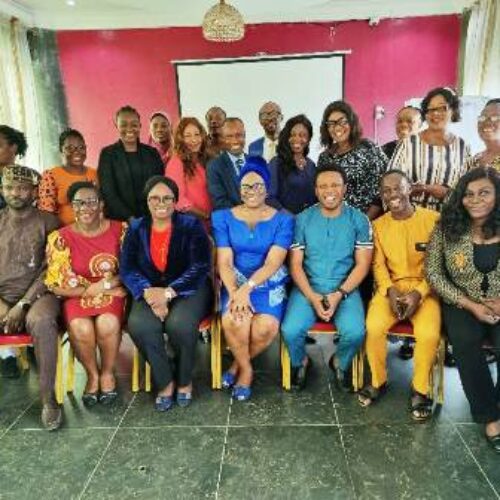
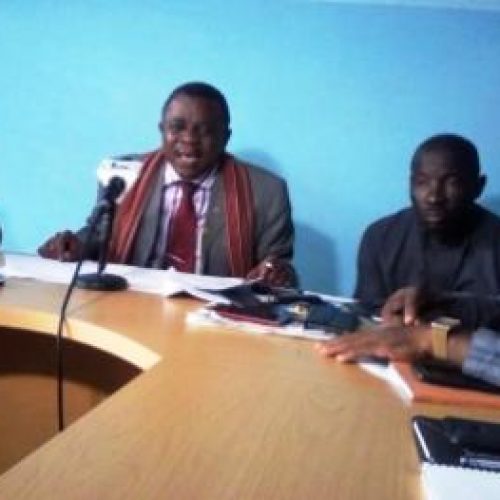


0 Comments
No Comments Yet!
You can be first to comment this post!